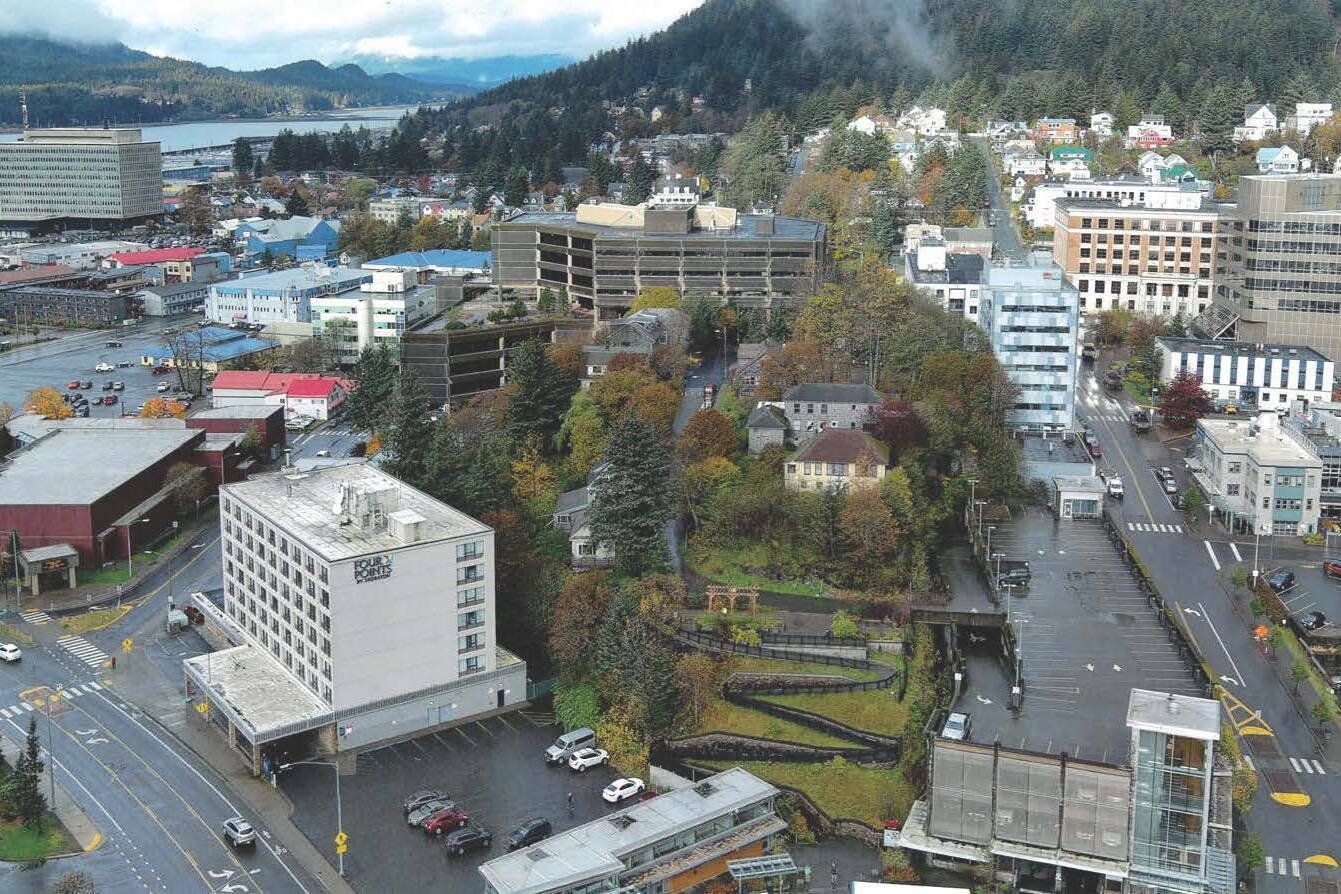At the last Committee of the Whole (COW) meeting, the Juneau Assembly decided on Option C out of four redevelopment proposals for Telephone Hill on a 6-1 vote. If our Assembly were a little bit more diligent in researching the effects of urban renewal in other places, they might come to the conclusion that Option C isn’t economically feasible for four reasons:
A) Option C could easily cost $100 million or more. How do they plan to fund it? The Dunleavy administration will never fund it, not to mention that Juneau is in a budget shortfall with our schools in the lurch. The project would cost more than the proposed City Hall, which was voted down last year.
B) Mid-rise apartment complexes leave a larger footprint than smaller structures. It would involve demolitions and possibly explosives. The project would be vastly more invasive and involved than the parking garage, which garnered tremendous public outcry. Good luck getting locals to abide by such a project. Not a word of this was mentioned in the meeting.
C) Option C includes a hotel facing Main Street. Hotels are a disadvantaged industry because they compete with short-term rentals (Airbnb, VRBO, etc.) and the floating hotels that come to Juneau during the summer months.
D) Building a dense housing structure in the middle of downtown Juneau isn’t going to help with the housing crisis; it was never designed to do so. A housing project in Alaska must take into account things like access and snow removal, neither of which function on any of the Telephone Hill redevelopment options, least of all with Option C.
Juneau should be asking, “Why would they propose a 200-unit mega-project in the middle of downtown Juneau without a year-round design?” It appears that CBJ wants to reshape downtown Juneau from the Sealaska building to the Juneau-Douglas bridge, and seasonal tour companies want to socialize the cost of doing business with Juneau.
The online study on the CBJ website, along with the fake town meeting in July of 2023, was part of an ongoing campaign aimed at manufacturing consent for the use of our tax dollars according to the design of the tourism-industrial complex. The real decisions were made a long time ago; public discourse has been shaped by slanted studies using leading questions and misleading narratives to arrive at a predetermined conclusion that has nothing to do with Juneau or its people.
If the study wanted an accurate result, it should have asked more truthfully, “Do you want a three- to five-year project involving invasive demolitions and traffic detours that will raise your property tax by 10%-15% so that seasonal tourism companies can open more storefronts and house J-1 visas for five months out of the year?” The Telephone Hill redevelopment project isn’t a housing project, at least not for Juneau; it’s a coordinated plan to repave our history in the image of seasonal tourism.
If there is anything that needs to be redeveloped it’s our government, not Telephone Hill.
• Joshua Adams is dedicated to the preservation of historic structures and is a member of Friends of Telephone Hill.

